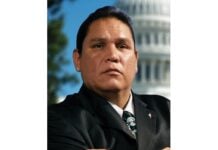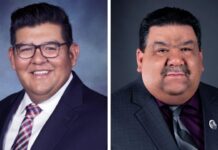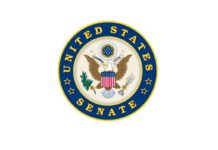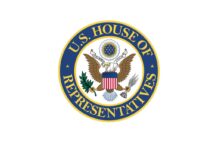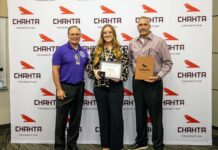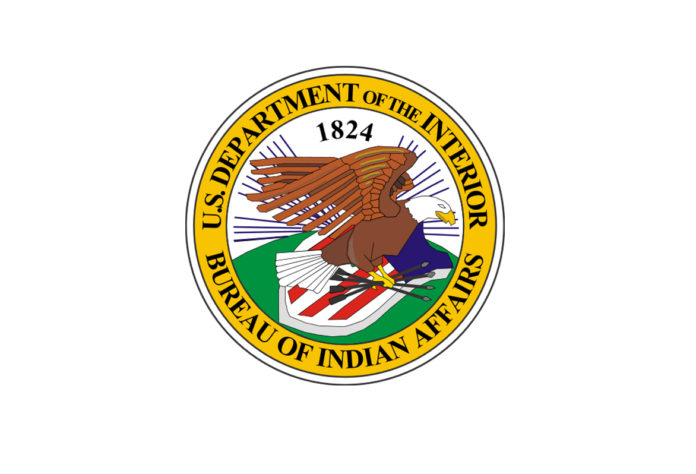WASHINGTON, D.C. – The Office of the Assistant Secretary for Indian Affairs announced the selection of two new tribes for the Tiwahe Program Social Services Demonstration Project. The Leech Lake Band of Ojibwe in Minnesota and the Oglala Sioux Tribe in South Dakota will join eight locations that currently have Tiwahe programs.
Tiwahe is a coordinated service delivery model that increases access to family and social services, creates alternatives to incarceration, improves links to appropriate prevention, intervention and treatment opportunities, improves case management services, and improves partnerships among the available service providers for tribal children and families. It provides tribes the opportunity and funding to assess their own needs and design unique service delivery models that improve the health, safety and well-being of families while protecting and promoting the development of prosperous and resilient tribal communities.
“The Tiwahe Program is one way we are working to fulfill the federal government’s trust responsibility to tribes,” said Assistant Secretary for Indian Affairs Bryan Newland. “We have a responsibility to ensure that Native families have the right to live safe, healthy and fulfilling lives together in their tribal homelands. We see the Tiwahe Program working because it gives tribal governments the freedom and flexibility to re-imagine and build structures that reflect their unique tribal views, approaches, values and traditions that are responsive to the communities they serve.”
In addition, 10 tribes and tribal organizations will receive $100,000 each that can be used to either implement programs that were included in their Tiwahe proposal or to participate in the Tiwahe incubator to perform a needs assessment and develop a Tiwahe plan. By participating in the incubator, tribes will be ready to join the Tiwahe Program when additional funding for new Tiwahe tribes is made available by Congress.
The 10 tribes and organizations receiving $100,000 are:
- Cook Inlet Tribal Council, Alaska
- Tanana Chiefs Conference, Alaska
- Shoshone-Bannock Tribes, Idaho
- Penobscot Nation, Maine
- White Earth Band of Chippewa Indians, Minnesota
- Fort Peck Assiniboine and Sioux Tribes, Montana
- Pueblo of Nambe, New Mexico
- Jamestown S’Klallam Tribe, Washington
- Suquamish Indian Tribe, Washington
- Red Cliff Band of Lake Superior Chippewa, Wisconsin
The President’s Budget for Fiscal Year 2024 requests an increase of $33.5 million for the Tiwahe Program to further expand support for Native families and communities.
Tiwahe (ti-wah-hay) means “family” in the Lakota language and symbolizes the interconnectedness of all living things and one’s personal responsibility to protect family, community and the environment. Tiwahe is grounded in tribal values and principles, which guide the goals and objectives of a coordinated service delivery model among agencies and justice systems. This service model:
- Increases access to family and social services
- Creates alternatives to incarceration via solution-focused sentencing options
- Improves links to appropriate prevention, intervention and treatment opportunities
- Improves case management services
- Improves the overall partnerships among local, tribal, county, state and federal providers to improve access to services for tribal children, youth and families
This announcement is in addition to an expansion of the Tiwahe program announced in March.
In addition to the announcement of the expansion of the Tiwahe Program to include the two new tribes, the Assistant Secretary’s office also announced the hiring of Jennifer “Rachel” Fore as the new National Tiwahe Program Coordinator. Fore brings extensive experience in tribal social services, tribal child welfare and capacity-building in tribal communities. She is a Cherokee Nation citizen and works remotely in Tahlequah, OK.














